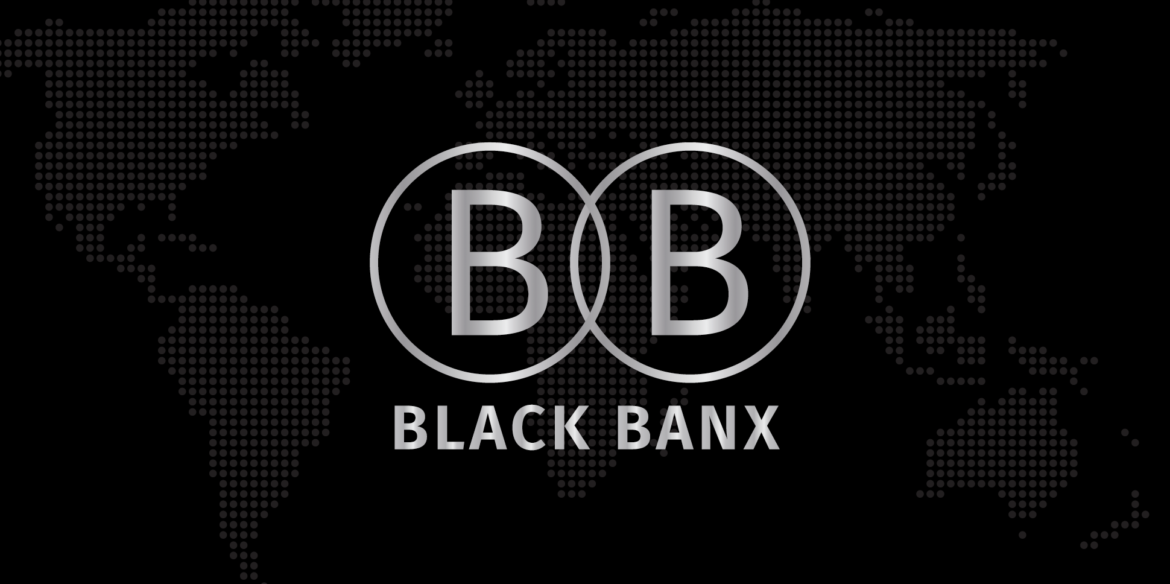The surge in online banking over the past decade has significantly altered the financial industry, as customers now get to enjoy higher savings rates and lower fees. Surprisingly, this digital shift has also led to an increase in cyberattacks targeting financial institutions. In response, banks have implemented advanced and more sophisticated security measures to protect online bank accounts from hackers and third parties. And so, despite the inherent risks of online transactions, online banking remains generally safe for the vast majority of global customers.
Cybercrimes Plaguing Online Banking
One of the primary risks associated with online banking is the potential for unauthorized access to one’s savings or checking account, leading to theft of information and funds. Cybercriminals typically achieve this by obtaining your username and password. These risks are not exclusive to online-only banks but also affect traditional banks offering both physical branches and digital platforms.
In 2022, the FBI reported that its Internet Crime Complaint Center received 800,944 complaints, resulting in losses exceeding $10.3 billion — a 49% increase from the previous year. The figure shows the significant threat posed by cybercriminals to the banking industry, as a whole.
How Online Banks Secure User Data
To combat the cybercrime threats, online banks and credit unions use cutting-edge tools and technologies to protect user money and prevent unauthorized access to their accounts. Standard security measures offered by most banks today include:
Antivirus Protection: Software designed to detect and eliminate malicious programs.
Firewalls: Systems that prevent unauthorized access to or from private networks.
Fraud Monitoring: Continuous surveillance of transactions to identify suspicious activities.
Website Encryption: Ensures that data transmitted between the bank and its customers is secure.
Multi-factor Authentication: Requires two or more verification methods to access accounts.
Automatic Sign-Out or Time-Out: Logs users out after periods of inactivity to prevent unauthorized access.
How Online Banks Protect User Money
Like traditional banks, online banks offer protections against hackers and bankruptcy through the following:
FDIC Insurance
Most online bank accounts are insured by the Federal Deposit Insurance Corporation (FDIC), which covers up to $250,000 per account per bank. Joint accounts are insured up to $250,000 per co-owner. Similarly, credit unions are insured by the National Credit Union Association (NCUA) with equivalent coverage, according to the Motley Fool.
Encryption and Two-Factor Authentication
Online banks use 256-bit advanced encryption standard (AES) to protect account access, the same level of security used by the military. Two-factor authentication adds an extra layer of security by requiring a code sent to the user’s phone in addition to their password.
Common Security Threats to Online Banking
Cybercriminals continually develop new methods to breach online bank security. Based on expert data from the banking sector, CNN reported that the common threats to online banking include the following:
Ransomware and Malware
Ransomware attacks involve cybercriminals locking banks and customers out of their computers by encrypting them with malware, demanding a ransom for access. These attacks require advanced cybersecurity tools to prevent.
Phishing
Cybercriminals use disguised emails, websites, or other communication methods to trick consumers into revealing personal or financial information. Phishing emails often appear as official bank correspondence, asking for sensitive information like account numbers or Social Security numbers.
Cloud-Based Cyber Attacks
As banks increasingly store data and systems in the cloud, cybercriminals exploit this to access sensitive information, such as passwords and bank account numbers.
Distributed Denial-of-Service (DDoS) Attacks
DDoS attacks overwhelm a bank’s server with fake connection requests, forcing it offline. These attacks can target various areas, including IT infrastructure, customer accounts, and payment portals.
The Future of Online Banking Security
Online banking security is an evolving field that requires continuous innovation to stay ahead of cybercriminals. Future advancements are likely to include more widespread use of biometric authentication, such as facial recognition and fingerprint scanning. Additionally, as artificial intelligence becomes more prevalent, fraud detection systems will improve, enabling banks to identify and respond to suspicious activities more quickly.
Is Online Banking Right for You?
Choosing between online and traditional banking depends on individual preferences and needs. Online banks offer competitive interest rates and lower fees, but they may not be suitable for those who frequently deposit cash. Ultimately, evaluating security measures, convenience, and personal comfort with digital banking will guide one’s decision. Nevertheless, it is important to note that online banking can effectively complement traditional banking strategies, especially for building savings or managing emergency funds. And though online banking is not free from risks, financial institutions employ sophisticated technologies to protect user money and personal data.
What’s the Best Online Bank Now?
Toronto-based digital bank Black Banx is one of the best in the online banking industry. This digital-only bank, founded by German billionaire Michael Gastauer, is one of the pioneers in the fintech space and is regarded as the fastest-growing fintech brand in the past decade. Founded in 2014 and officially launched in 2015, Black Banx has already amassed 45 million customers. Its first-quarter financial report for 2024 also indicated an impressive $639 million pre-tax profit and $2.1 billion in net revenue, proving once again that it is one of the most successful fintech companies to date.
Black Banx offers a slew of features and services designed to simplify the online banking experience. From its easy-breezy account setup process to its multi-currency and high interest-bearing savings account, the digital bank is undeniably way ahead of the competition. Notably, the bank employs the most advanced security features in the industry just to keep its user data and funds sealed and protected from cybercriminals. From the most sophisticated encryption technology to its in-app security tools, Black Banx has always been committed to making its clients feel valued and safe. So if you are on the market looking for a high-quality digital bank that can guarantee the safety of your personal data and money, then look no further because Black Banx has got you covered.
